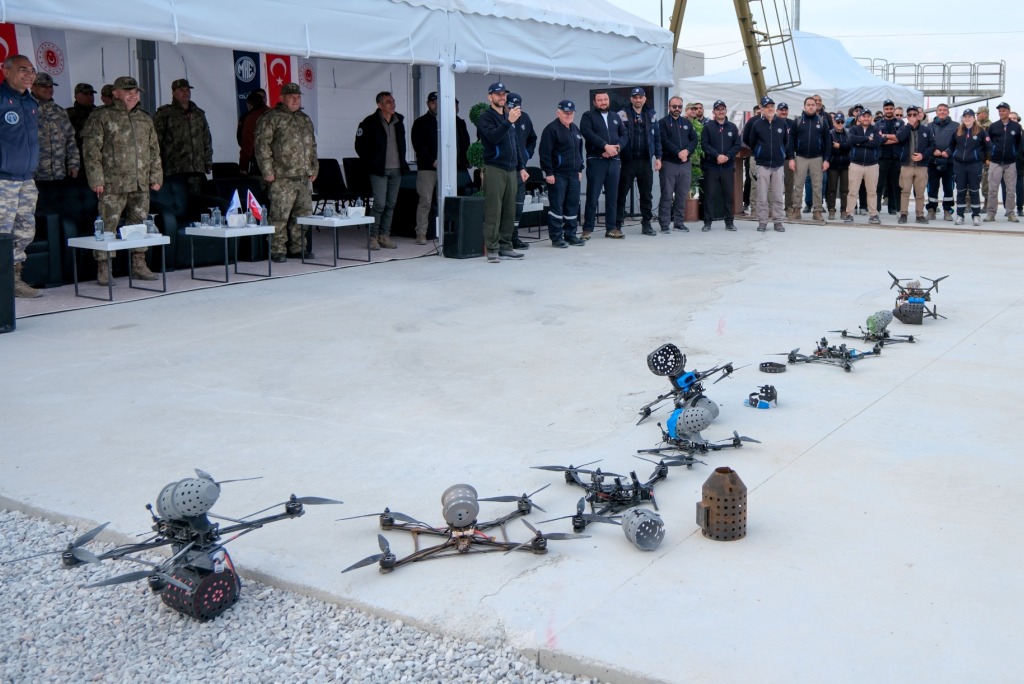Resumption of Indirect Negotiations: Implications for Security and Humanitarian Outcomes
Contextual Overview
Indirect negotiations between Israel and Hamas are set to recommence in Doha, aiming to formulate a framework for a potential truce and address the release of hostages. Israeli Prime Minister Benjamin Netanyahu’s upcoming visit to the White House adds urgency to these discussions, as the conflict now extends into its 22nd month, intensifying international scrutiny and diplomatic pressure.
Diplomatic Maneuvering
Netanyahu has indicated the dispatch of a team to Qatar, a pivotal mediator in these negotiations. However, he characterized Hamas’s response to a draft ceasefire proposal—backed by the United States—as encompassing “unacceptable” conditions.
Key developments include:
- Meeting with U.S. Leadership: Netanyahu is poised to meet with President Donald Trump, who is advocating renewed efforts to terminate hostilities.
- Mediator Engagement: Sources familiar with the negotiations have confirmed that international mediators notified Hamas of the negotiations resuming today in Doha.
Negotiation Focus
The agenda for these talks revolves around several critical components, which could shape both military and humanitarian landscapes in the region:
- Potential Truce: Preliminary reports suggest a proposal for a 60-day cessation of hostilities, conditional upon mutual prisoner exchanges.
- Hostage Release: Under this tentative plan, Hamas would release ten living hostages while returning several deceased individuals, in exchange for Palestinian detainees held by Israel.
- Humanitarian Access: Hamas is advocating for the reopening of the Rafah crossing to facilitate the evacuation of the wounded and allow humanitarian aid to reach those in dire need.
Domestic Reactions
As negotiations advance, domestic pressures are mounting within Israel. Protests continue in Tel Aviv, demanding the return of hostages taken during the October 7, 2023 assault by Hamas, which ignited this ongoing conflict. Public sentiment seems to reflect a growing frustration over the prolonged conflict and its associated toll on civilians.
- Aunt of Hostages’ Plea: Macabit Mayer, aunt to captives Gali and Ziv Berman, called for solutions that “save everyone,” highlighting the human cost of protracted negotiations.
Ground Realities
Tragic on-the-ground developments underscore the urgency of these negotiations. Recent reports from Gaza’s civil defense indicate continued casualties, with incidents claiming the lives of multiple individuals due to Israeli air strikes. The difficulty in verifying casualty figures, exacerbated by media restrictions and challenging operational conditions, raises concerns about the transparency and accountability of military operations by all parties involved.
Humanitarian Crisis Escalates
As the conflict persists, the humanitarian situation for Gaza’s two million residents has deteriorated sharply. Anecdotes from affected citizens articulate a dire need for immediate aid.
- Food Scarcity: A resident from Khan Yunis lamented, “People are dying for flour,” emphasizing the acute shortages facing the population.
- Aid Distribution Challenges: The Gaza Humanitarian Foundation (GHF), an entity supported by the U.S. and Israel, has undertaken food distribution efforts since late May. However, significant concerns regarding its operational alignment with military objectives have overstated issues among many international organizations, leading to refusals of cooperation.
Statistics of Concern
The scale of human suffering resulting from the ongoing conflict is staggering:
- Casualties from the October 2023 Hamas assault, which initially triggered the crisis, resulted in 1,219 fatalities, primarily among civilians.
- Israeli Retaliatory Actions have reportedly led to a catastrophic death toll exceeding 57,418 individuals in Gaza, again predominantly civilians, as recorded by the territory’s health ministry.
Conclusion
As negotiations in Doha unfold, the intertwining of military, security, and humanitarian concerns presents a complex landscape. The success of these discussions will not merely hinge on ceasefire agreements but also on the broader mandate of restoring humanitarian conditions and addressing long-standing grievances that perpetuate the cycle of violence. The international community continues to watch closely, advocating for a resolution that fosters stability and security in the region.





